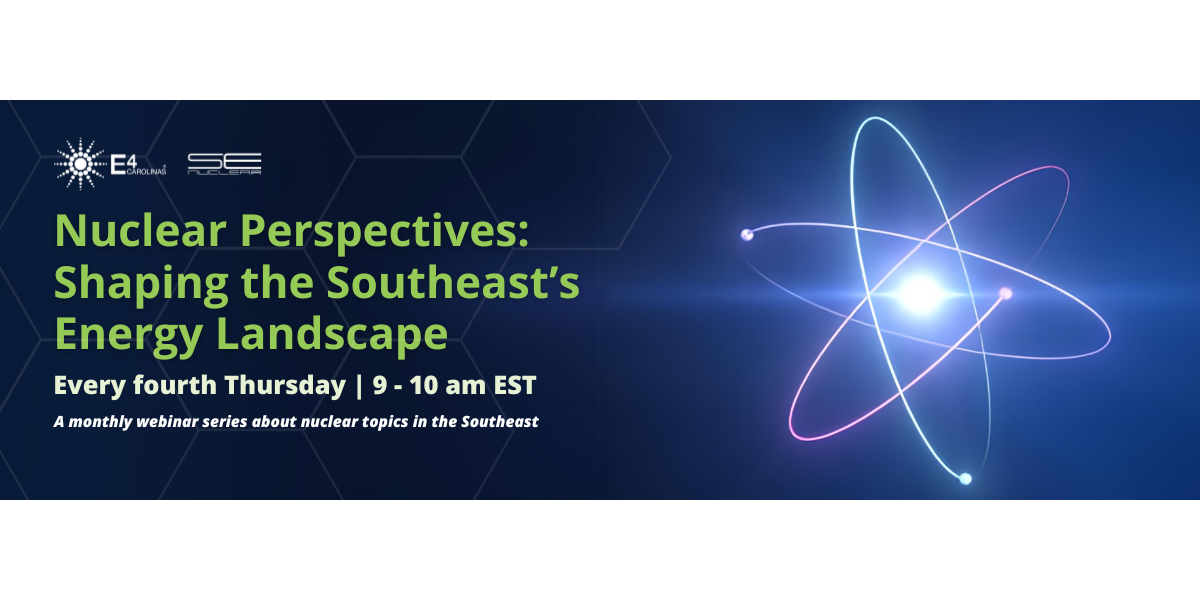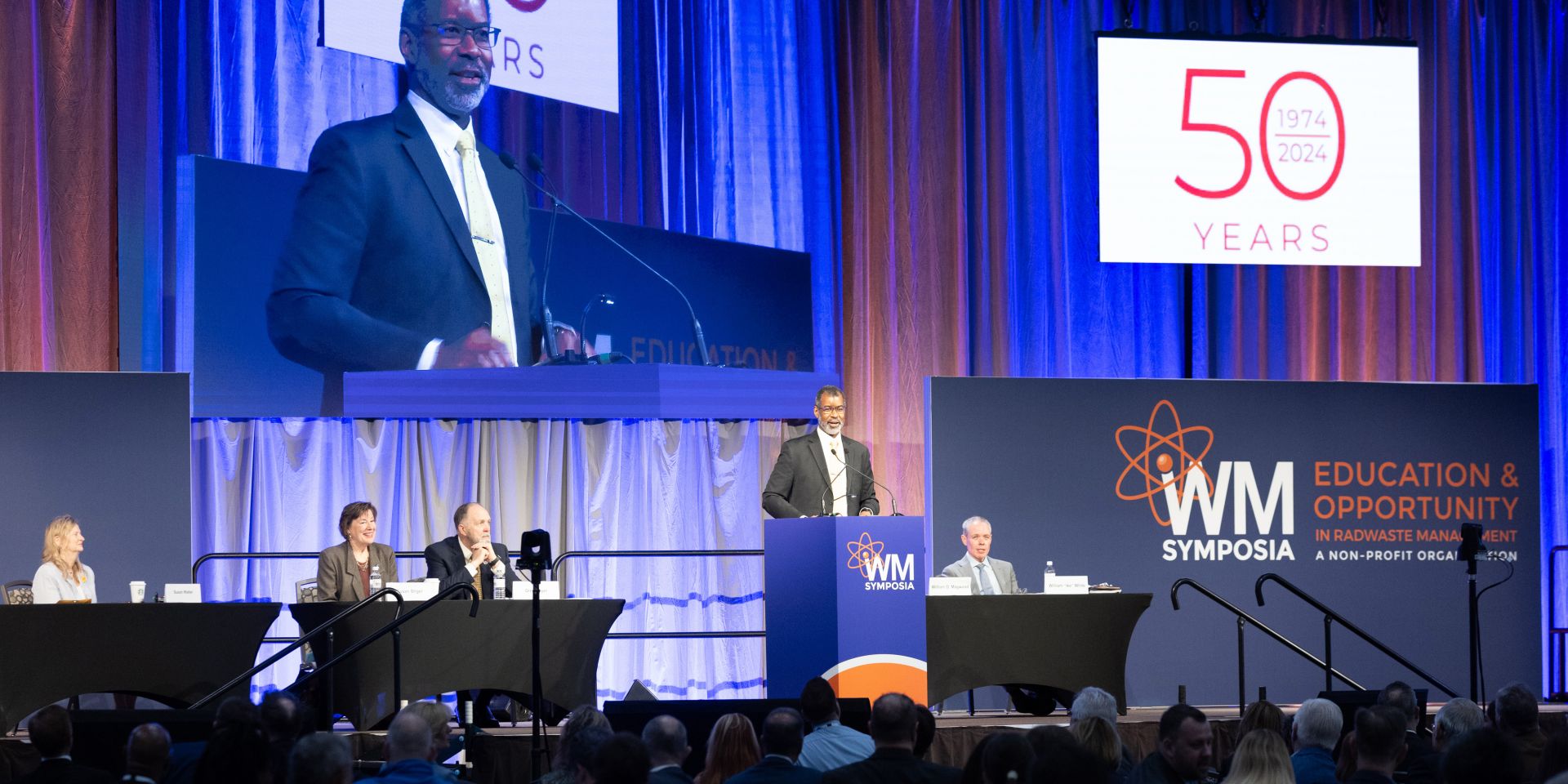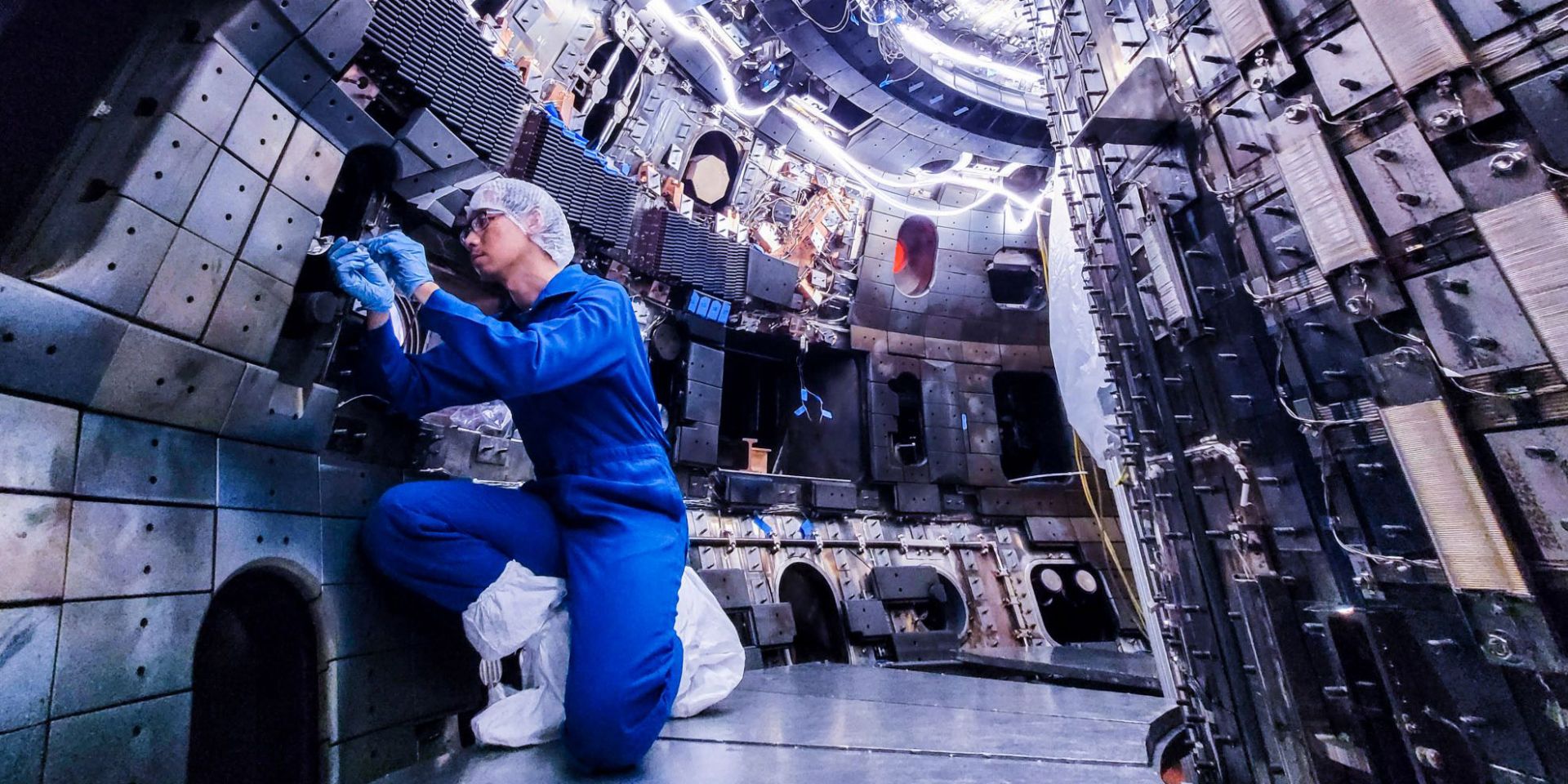The Zeanah Engineering Complex at the University of Tennessee–Knoxville. (Photo: UT–Knoxville)
Last week Tennessee Gov. Bill Lee and Stuart McWhorter, commissioner of the state’s Department of Economic and Community Development, announced that the University of Tennessee–Knoxville and Roane State Community College will receive funding from Tennessee’s Nuclear Energy Fund to support existing nuclear programs as well as develop and implement new nuclear education curriculum.
Using its portion of the $50 million Nuclear Energy Fund, the University of Tennessee will establish a new program for non-nuclear engineers to obtain a minor in nuclear engineering at its Knoxville campus. Separate funding for Roane State Community College will allow purchase of laboratory equipment for that school’s inaugural nuclear technology program, which launches in the fall of 2024.
Oklo Inc. (Image: Gensler)
Fast reactor developer Oklo, which recently went public on the New York Stock Exchange, announced on May 13 that it has signed a memorandum of understanding with Atomic Alchemy to cooperate on the production of radioisotopes for medical, energy, industry, and science applications.
Uranium yellowcake is used in the preparation of uranium fuel that is used in nuclear reactors. (Photo: DOE)
On May 13, President Biden signed the Prohibiting Russian Uranium Imports Act, unlocking the $2.72 billion that Congress conditionally appropriated in March to increase production of low-enriched uranium (LEU) and high-assay low-enriched uranium (HALEU).
The OECD NEA’s William Magwood addresses the plenary audience of the 2024 Waste Management Conference in Phoenix. (Photo: WM Symposia)
This year marked the 50th anniversary of Waste Management Symposia’s Waste Management Conference, held March 10–14 in Phoenix, Ariz. The event has grown significantly since the first Waste Management Conference in 1974, which attracted about 200 attendees. This year’s conference saw a record attendance of around 3,300 people from more than 20 different countries and boasted 235 technical sessions and 89 exhibitors.
Concept art of Oklo's Aurora Powerhouse microreactor. (Image: Gensler)
After completing its business combination with AltC Acquisition Corp, Oklo Inc. began trading on the New York Stock Exchange under the ticker symbol OKLO this past Friday, May 10.
The company is aiming to provide clean, reliable, affordable nuclear energy to customers across the artificial intelligence, data center, energy, defense, and industrial markets. Sam Altman, chairman of Oklo since 2015 and former chief executive of AltC, called the first day on the NYSE a milestone for the entire team.
An engineer adjusts mirrors while installing new diagnostic equipment inside the DIII-D tokamak. (Photo: General Atomics)
The DIII-D National Fusion Facility is starting up after an eight-month experimental hiatus, equipped with new and improved plasma control and diagnostic systems. The upgrades will help researchers from around the nation and the world resolve key physics questions to bridge the gap between current magnetic confinement fusion research and the first fusion power pilot plants. General Atomics, which operates DIII-D for the Department of Energy, announced the completion of upgrades on May 8.















